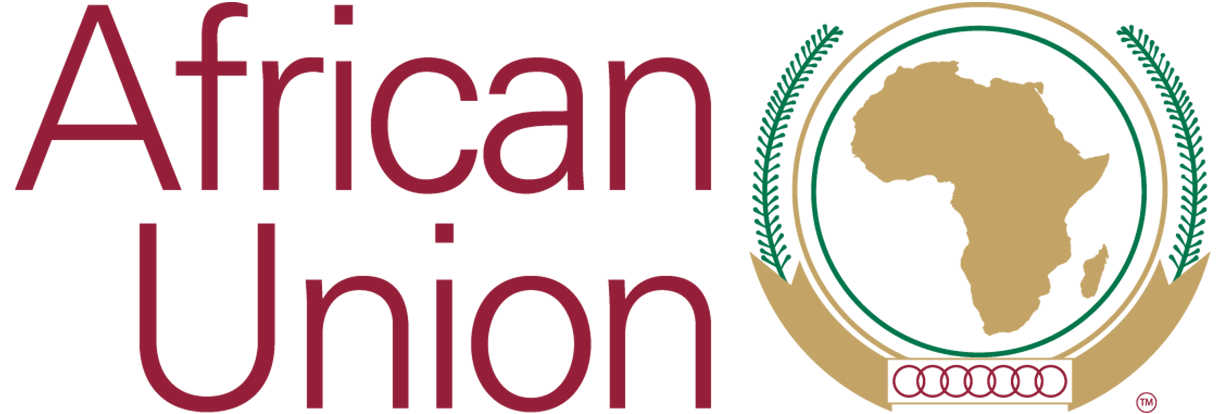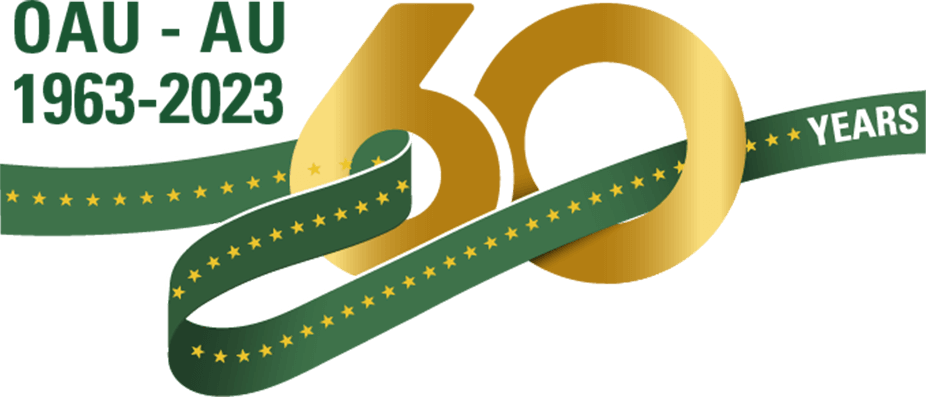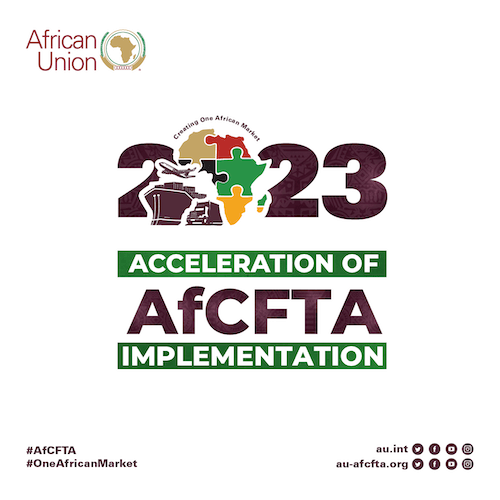Africa’s own Development Framework – Agenda 2063

Agenda 2063 seeks to deliver on a set of Seven Development Aspirations, each with its own set of goals purposed at moving Africa closer to achieving “The Africa We Want.”
The blueprint contains key activities to be carried out in five ten-year implementation plans which will ensure that Agenda 2063 delivers both quantitative and qualitative transformational outcomes for Africa’s people over a 50-year timeframe.
Learn more about Agenda 2063 and discover how Africa is achieving its development objectives on https://www.nepad.org/agenda-dashboard
The African Union has recorded various successes and impact on accelerating the momentum of the vision of the founders of the organization. Through the establishment of Organs, Agencies, and Liaison offices to oversee and advance the realization of Agenda 2063, and the development of legal frameworks, policies and strategies to allows continental synergy, the African Union has made strides in many aspects, including but not limited to;
- Trade and development: the African Continental Free Trade Area (AfCFTA) is a major driver for trade facilitation to address major challenges such as increased trade costs arising from Non-Tariff Barriers; inadequate, inefficient transportation and weak logistics infrastructure; cumbersome regulatory procedures; lengthy customs processes; and incoherent documentation. Addressing these setbacks would significantly boost intra-Africa trade, particularly trade in value-added production and trade across all sectors of Africa’s economy. The efforts to increase the competitiveness of Africa’s resources are also addressed in other components such as the African Commodities Strategy focused on commodity-led industrialisation to enable African countries add value, extract higher rents from their commodities, & integrate into global value chains, as well as the Accelerated Industrial Development for Africa. Advancing trade on the continent is supported by various policies and legal instrument.
- Agriculture and food security: through the Comprehensive African Agricultural Development Programme (CAADP), Africa has been keen to accelerate agricultural growth and transformation targeted to reduce poverty and malnutrition, increasing productivity and farm incomes, and improving the sustainability of agricultural production and use of natural resources. CAADP also supports countries to enhance resilience to climate variability through development of disaster preparedness policies and strategies, early warning response systems and social safety nets. This coupled with other efforts such as the work of the Pan African Veterinary Center of the African Union (AU-PANVAC), African Union – Inter-African Bureau for Animal Resources (AU-IBAR), African Union Semi-Arid Food Grain Research and Development's (AU-SAFGRAD), the Africa Risk Capacity (ARC), the Green Wall initiative, the African Union has secured gains on food security on the continent. The work aligns to the agriculture and management treaties.
- Education, Science and Technology: efforts to reorient Africa’s education and training systems to meet the knowledge, competencies, skills, innovation and creativity required to nurture African core values and promote sustainable development have been driven under several initiatives such as the African Virtual and E-Universityand the Africa Outer Space Strategy, the implementation of continental educational polices and strategies such as the Continental Education Strategy for Africa (CESA); the Science, Technology and Innovation Strategy for Africa (STISA), the Continental Strategy for Technical and Vocational Educational and Training (TVET) to Foster Youth Employment, and the AU School Feeding initiative. Several AU institutions have also been established implement the different aspects of education and skills training. These include, the Scientific, Technical and Research Commission (STRC); African Observatory of Science, Technology and Innovation (AOSTI); Pan African University (PAU); International Centre for Girls’ and Women’s Education in Africa (AU-CIEFFA); and the Pan African Institute for Education for Development (IPED)/African Observatory for Education.
- Culture and arts: to inculcates the spirit of Pan Africanism and harness Africa’s rich heritage and culture, creative arts are major contributors to Africa’s growth and restoration and preservation of Africa’s cultural heritage and languages. The AU African Charter for African Cultural Renaissance recognises the important role culture plays in mobilising and unifying people around common ideals of Pan-Africanism and culture. Projects such as the Great African Museum and the Encyclopaedia Africana create awareness about Africa’s vast, dynamic and diverse cultural artefacts and the influence Africa has on the various cultures of the world. The African Academy of Languages (ACALAN) and the Centre for Linguistic and Historical Studies by Oral Tradition (CELHTO) empower African languages, promote use of multiple languages at every level, especially in the education sector and to ensure the development and promotion of African languages as factors of African integration and development, respect for values and mutual understanding and peace. To enhance the campaign against all forms of racial, religious and political discrimination in sports, the African Union Sport Council (AUSC) coordinate efforts by member states to promote and develop sports on the continent.
- Health development- The AU works to ensure Africa develops and sustainably manages its health sector by putting in place the relevant sectoral institutions to support knowledge building as well as manage emergencies and disease outbreaks in the continent. The Africa Centres for Disease Control and Prevention (Africa CDC) promotes health and preventing to disease outbreaks by improving prevention, detection, and response to public health threats while the African Medicines Agency (AMA) promotes the adoption and harmonization of medical products regulatory policies and standards, for regulatory harmonization in Africa. The African Leaders Malaria Alliance (ALMA) works to achieve a malaria free Africa by 2030. The Protocols to the African Charter on Human and Peoples’ Rights on the Rights of Older Persons and Rights of Persons with Disabilities in Africa ensure the rights of vulnerable persons are also secured.
- Gender equality and youth empowerment: to promote inclusive development, the African Union gender equality, women and youth empowerment are fundamental human right and an integral part of regional integration, economic growth and social development. The Protocol to the he AU’s African Charter on Human and Peoples' Rights on the Rights of Women (Maputo Protocol) in Africa requires State Parties to combat all forms of discrimination and harmful practices against women and girls such as eliminating Female Genital Mutilation, ending early marriage, preventing and ending all forms of violence against women and girls, through appropriate legislative measures. Other strategies and guiding legal instruments that focus on the attainment of gender equality and women's empowerment include, the AU Strategy for Gender Equality & Women’s Empowerment, the Solemn Declaration on Gender Equality in Africa (SDGEA) and the African Charter on the Rights and Welfare of the Child. The African Youth Charter secure the rights of the youth. Through initiatives such as the “One Million Next Level (formerly One Million by 2021) and the Youth Volunteer Corps, the African Union has ensured the youth are meaningfully engaged. The African Union has appointed a Youth Envoy and a Special Envoy on Women, Peace and Security to ensure the voices of youth and women are included in all spheres of Africa’s development.




